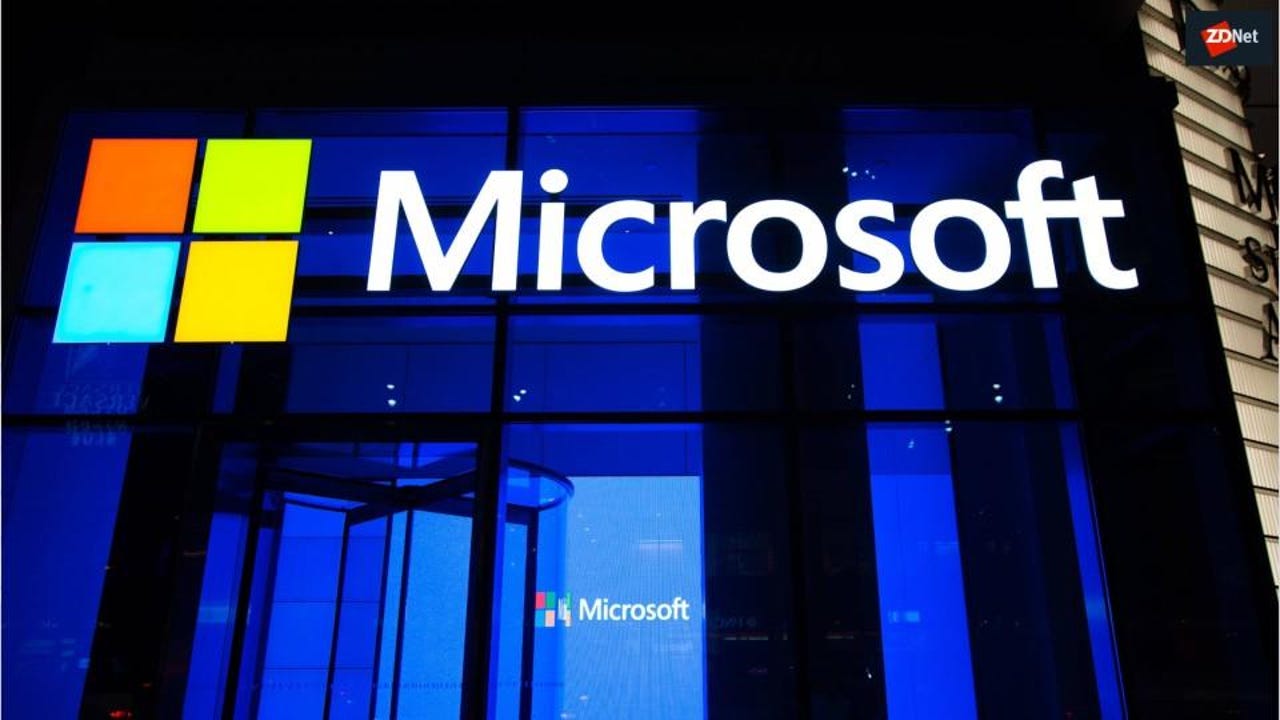New Windows 10 21H2 build improves ransomware protection and language management


Microsoft has released Windows 10 21H2 Build 19044.1947 to the Release Preview Channel for Insiders on the 21H2 version of Windows 10.
This is a non-security update, tagged KB5016688, which brings two new features for enterprise use. First, Microsoft has 'enhanced' Defender for Endpoint to better "identify and intercept ransomware and advanced attacks", according to its blogpost.
The second is that IT admins can now remotely add languages and language-related features, as well as manage language scenarios across endpoint managers.
Earlier this month Microsoft rolled out the enhanced ransomware detection and intercept capability in Defender for Endpoint in the Windows 11 preview to the Beta Channel, but didn't explain what the specific changes were.
On July 28, Microsoft released the first preview build of Windows 10 22H2, which is the next feature update to Windows 10 in the Release Preview channel. However, Microsoft has yet to detail the new features or fixes that will be in Windows 10 22H2; nor has it indicated when to expect Windows 10 22H2.
Microsoft has said that the Windows 10 22H2 build is "focused on validating the servicing technology" and that it "has a scoped set of features and Microsoft will share more details on this update later this year."
The new Windows 10 21H2 build for the Release Preview channel includes fixes that address bugs affecting Microsoft Edge in IE Mode, subscription activation failures, game installation failures, virtualized App-V Office apps, Windows Hello for Business certificate failures, BitLocker performance issues, and a race condition that causes the Local Security Authority Subsystem Service (LSASS) to stop working on Active Directory domain controllers.